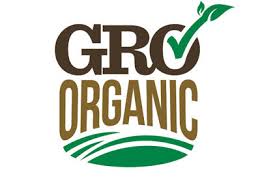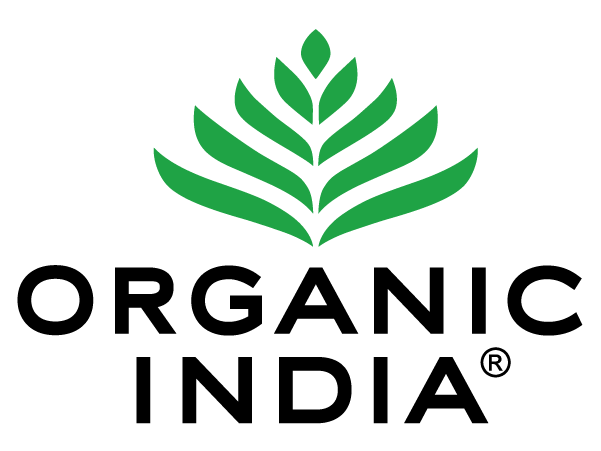Green
Background:
#53800c
Color 1:
#7ab618
Color 2:
#6da119
Link:
#ffffff
Link Hover:
#ffffff
Link Active:
#dddddd
Background Hover:
#95bf53
Background Active:
#6da119
Separator/Divisor:
#95bf53
Color 1:
#ffffff
Color 2:
#c3e3aa
Link:
#6da119
Link Hover:
#111111
Link Active:
#3d9970
Footer Bar:
#53800c
Footer Region 1:
#75ab1e
Footer Region 2:
#6da119
Footer Region 3:
#75ab1e
Footer Region 4:
#6da119
Footer Text Color:
#ffffff
Site Logo Bar:
#7ab618

 Intensive agriculture can have devastating effects on soil health as it degrades soil aggregation and water holding capacity, prevents carbon sequestration, and leads to runoff and erosion. In contrast, the improvement and maintenance of soil health is considered a cornerstone of organic and the
Intensive agriculture can have devastating effects on soil health as it degrades soil aggregation and water holding capacity, prevents carbon sequestration, and leads to runoff and erosion. In contrast, the improvement and maintenance of soil health is considered a cornerstone of organic and the 


